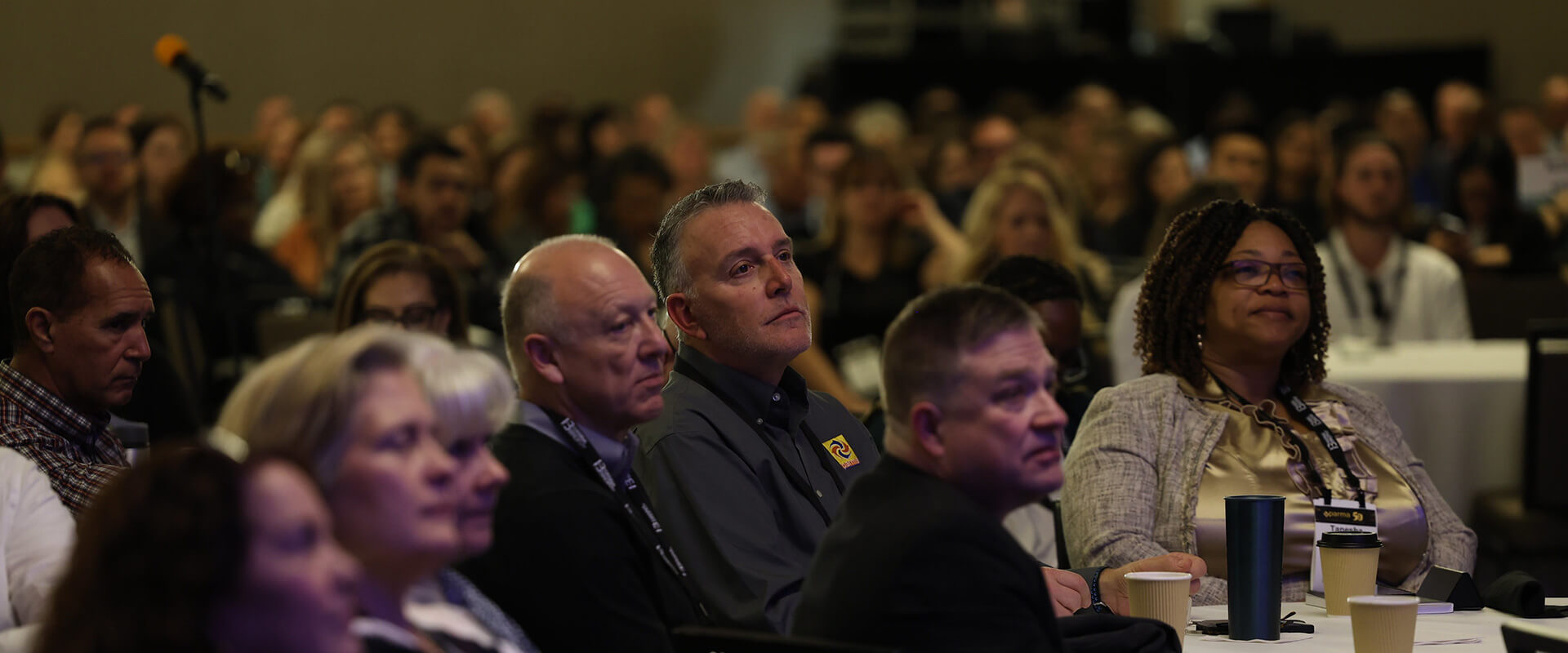If America’s growing Sun Belt cities are looking for a model to emulate to achieve standards of prosperity, sustainability and affordability, they should look to Chicago.
Chicago may seem an odd choice to many, especially those who are mostly looking at the global economy-fueled growth of, say, New York, San Francisco or Seattle. And indeed, Chicago’s historical culture of political corruption, its history of racism and segregation, and its current high rates of violent crime are troubling and real obstacles to this view. But somehow, despite these challenges, Chicago has still been able to be a top site for major corporate relocations and expansions, position itself as a leader in downtown construction and redevelopment, and host a housing market that remains eminently affordable relative to America’s superstar cities. And it’s done so while having many of the urban amenities that make today’s top cities attractive: It’s walkable, has strong public transit, and offers a wealth of commercial, elite educational and cultural opportunities.












